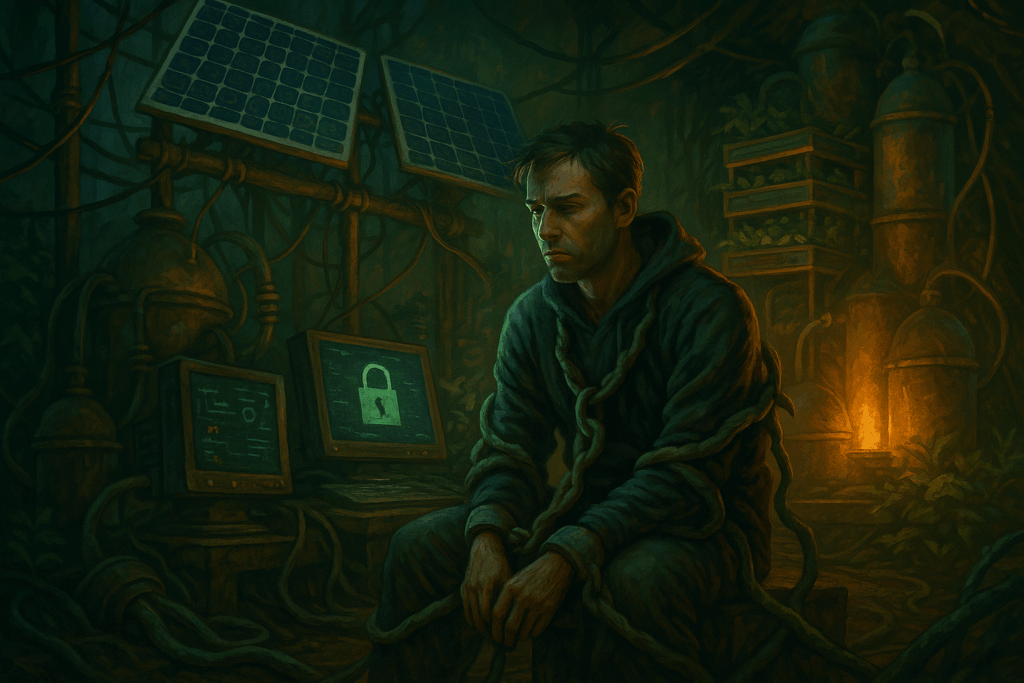⚠️ Introduction: Are We Really Safer?
The UK Online Safety Act and other global privacy laws were designed to protect us—but are they working? Or has the idea of “Online Safety” gone too far?
As ethical hackers, educators, and free speech advocates raise red flags, it’s time to look deeper into what’s really happening in digital law—and what it means for all of us.
👁️🗨️ What Is Wrong With the Online Safety Act?
The intention was noble: shield citizens from harmful content and abuse. But in reality:
- Freedom of expression is being curbed
- Criminals are still adapting and thriving
- Ethical experts are being silenced, not empowered
- Platforms are blamed for abuse they didn’t cause
Governments are passing broad laws shaped more by fear and lobbying than by evidence and experience. The results? An erosion of digital trust, privacy, and freedom.
🔓 White Hat Hackers Today: Heroes Being Silenced
White hat hackers—those who use their technical skills for good—are facing a quiet crisis. Many are:
- Afraid of being criminalised for helping others
- Operating in legal grey zones
- Declining to assist because they fear lawsuits or prosecution
Their silence is a loss to us all.
“They’re the immune system of the internet—but we’re shutting them down.” – Felix Farquharson
💣 The Real Danger: Fear-Based Regulation
Let’s be clear: digital safety matters. But not when it’s:
- Driven by corporate interests
- Used to suppress criticism or minority voices
- Focused on controlling platforms rather than stopping actual criminals
These laws often enable large-scale immorality by shifting crime away from perpetrators and onto technology providers.
🤝 What Should Policymakers Do Instead?
We believe it’s time to course-correct.
- Listen to the experts, not the fear-mongers
- Focus on digital literacy and rights education
- Target abusers directly, not just their platforms
- Allow ethical hackers to contribute freely
- Promote trust, not paranoia
The internet works best when connection, not suspicion, is at its core.
✅ Positive Solutions Worth Exploring
- Surveillance licences for those with access to large datasets
- Ethical frameworks co-developed with computing communities
- Cross-border regulation transparency
- Human nature education to build digital empathy
These are scalable, evidence-based ways to create a safer digital space—without burning down the village to save it.
📣 Before It Goes Too Far…
If we don’t address this now, the internet risks becoming a fragmented, fearful, censored network.
Let’s not let fear rewrite the code of our future.
Join the discussion
Share your thoughts:
#OnlineSafetyGoneTooFar #WhiteHatHackersToday #PrivacyLaws #WhatIsWrongWithTheOnlineSafetyAct
